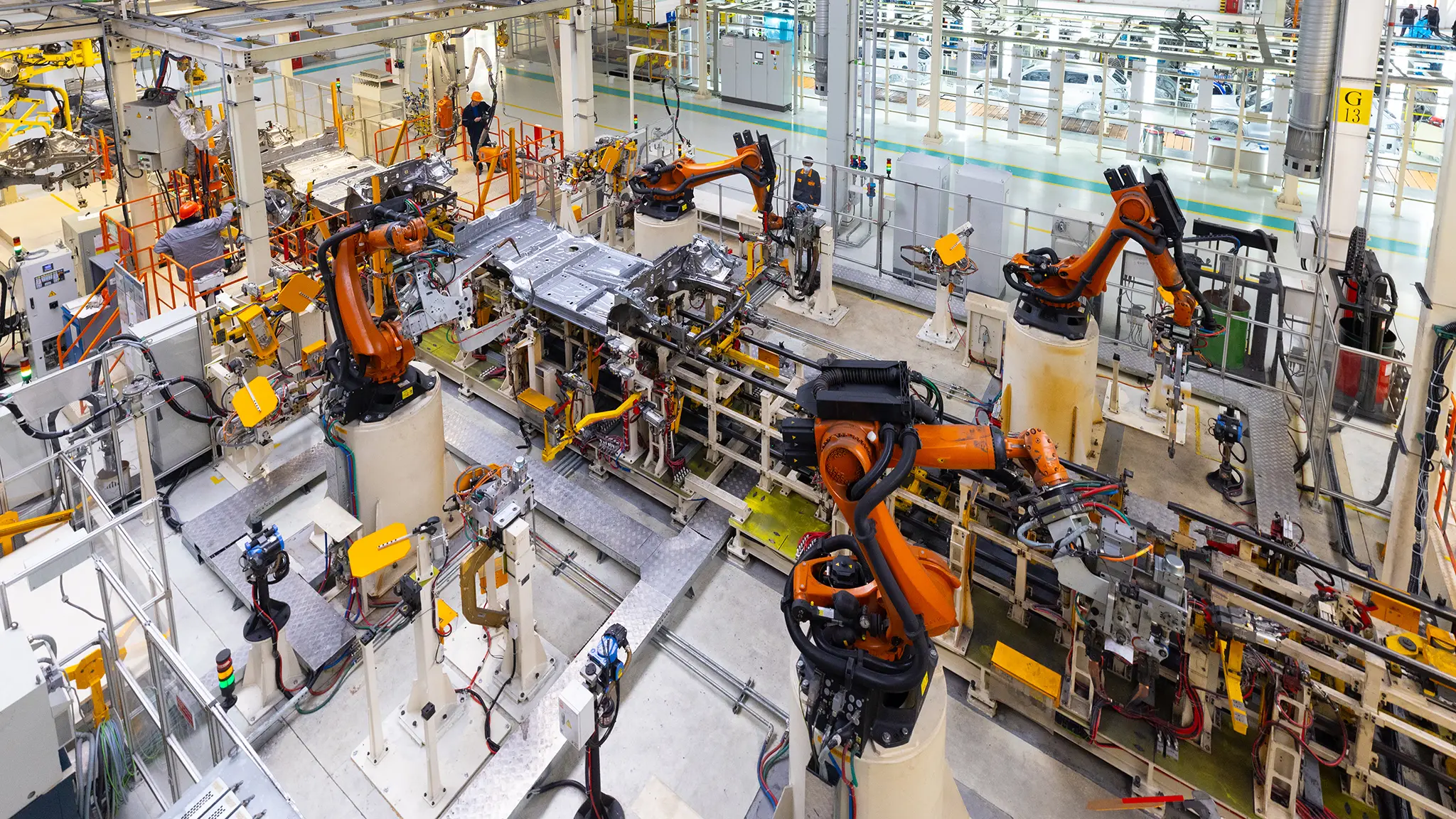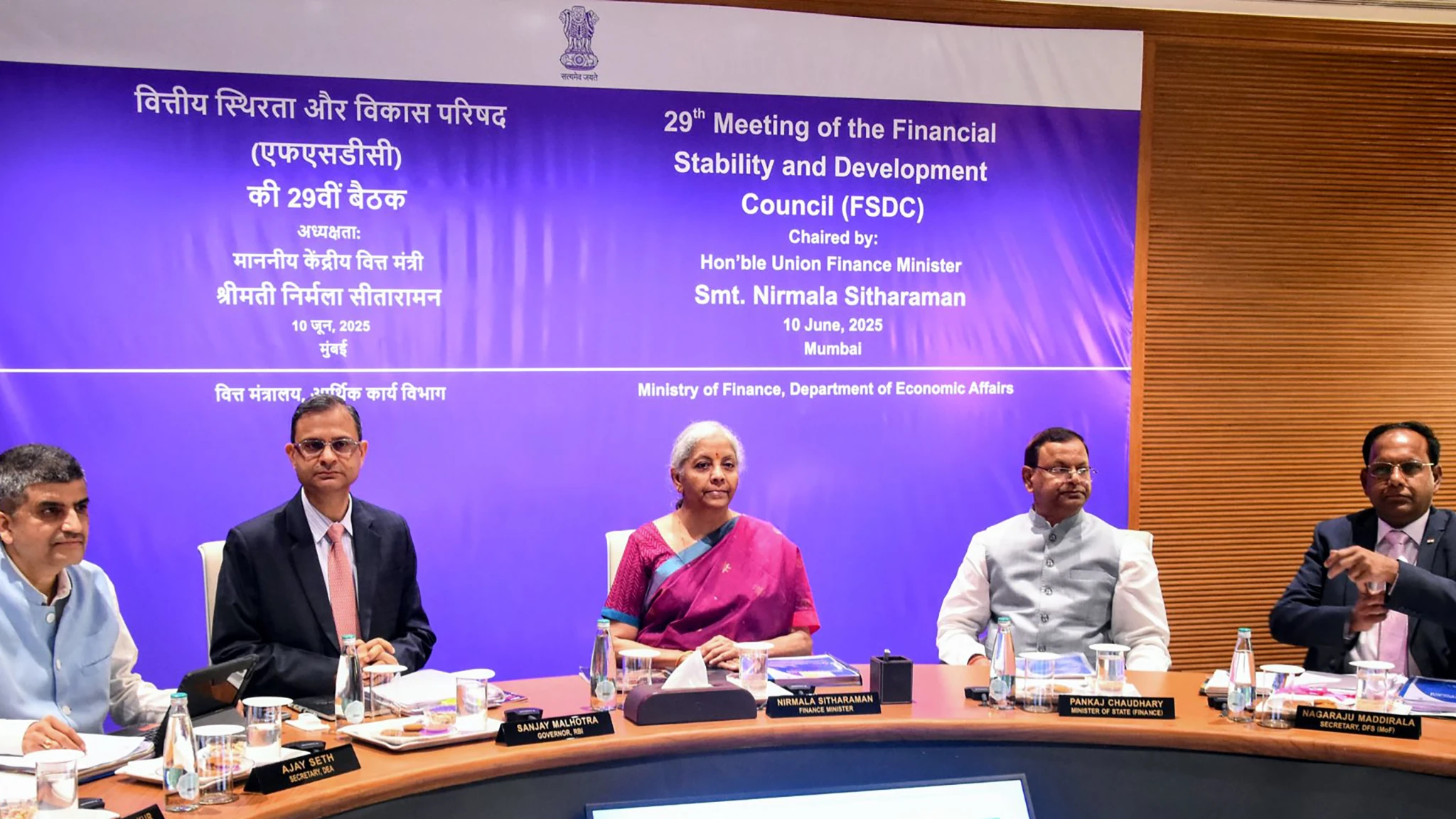The week commences with investors sifting through a mixed bag of macro data, attempting to decipher the economic trajectory and its implications for businesses. It’s a complex task, often clouded by inherent biases. Let’s unpack some of the key developments.
Manufacturing Momentum Persists
The HSBC India Manufacturing Purchasing Managers’ Index (PMI) for August registered at 57.9, a slight dip from July’s 58.1. While this indicates a marginal deceleration, it’s crucial to note that any figure above 50 signifies expansion. The survey highlighted inflation pressures and competition as potential headwinds. Net GST collections experienced a 3.8 percent month-on-month decrease in August, although they remain 10 percent higher year-on-year. Automobile sales data presents a varied picture, with some segments performing well and others subdued, pointing to inventory build-up. As our research team’s analysis indicates, a nuanced trend is emerging, with two-wheelers and premium cars showing strength, while other segments exhibit more muted growth.
Decoding GDP Details
While monthly GST figures can be volatile, the Q1 GDP data warrants closer scrutiny. The headline growth of 6.7% year-on-year, down from 7.7% in the previous quarter, suggests a slowdown. However, digging deeper reveals a more encouraging narrative. As pointed out by my colleague Manas Chakravarty, the Gross Value Added surpassed RBI’s professional forecasters’ median estimates. Private consumption demonstrated improved health, and capital formation, despite anticipated deceleration, showed surprising resilience, indicating robust private capex. This suggests a welcome resurgence in private sector investment, a crucial ingredient for sustained economic expansion.
AI Ascends in Finance
In the financial technology space, Artificial Intelligence (AI) is making significant strides. IBM has been recognised as a Leader in the 2024 Gartner Magic Quadrant for Finance and Accounting Business Process Outsourcing (F&A BPO), driven by its innovative digital business model and AI-powered client framework. This recognition underscores the increasing demand for efficient Business Process Outsourcing (BPO) solutions in finance, a market projected to reach USD 16.9 billion by 2027. Further evidence of AI’s growing influence comes from the launch of the First Financial Quantitative Japan Fund by FSITC, powered by Qraft Technologies’ AI models. This fund aims to capitalise on the Japanese equity market using sophisticated AI-driven quantitative strategies for stock selection and risk management. The integration of AI in finance is no longer a futuristic concept; it’s a present-day reality reshaping investment management and operational efficiency.
RBI’s Firm Hand on Regulation
The Reserve Bank of India (RBI) is addressing criticisms regarding its recent regulatory actions against certain banks and shadow banks. Deputy Governor Swaminathan J clarified that these measures are primarily aimed at protecting depositors and customers from entities violating norms and causing inconvenience. He emphasised that business restrictions are imposed judiciously, following thorough examinations and engagements with the regulated entities. The RBI’s priority remains the stability of the financial system, fostering innovation within a balanced regulatory framework that manages risks prudently.
Climate Change Reshapes Business
Beyond finance and regulation, climate change is emerging as a potent force reshaping business models across sectors. Consumer goods companies, as highlighted in a Fortune India report, are grappling with weather disruptions, forcing them to adopt climate prediction models, AI, and real-time data for inventory management and supply chain optimisation. Companies are moving away from traditional seasonal product launches, opting for year-round offerings to mitigate seasonality risks and ensure consistent demand. From FMCG giants to fashion brands, businesses are adapting to the climate reality by building resilient supply chains, leveraging technology, and innovating product strategies.
What does all of this tell us? Agility and adaptation are no longer optional extras, but essential survival traits for businesses and economies alike. The ability to navigate mixed signals, embrace technological shifts, adhere to robust regulations, and adapt to climate change will define success in the days ahead. Can businesses truly future-proof themselves in this rapidly evolving landscape? The answer lies in proactive adaptation, continuous innovation, and a willingness to embrace change as the only constant.
Meta: Indian economy shows mixed signals, AI finance surges, RBI acts firm, climate forces biz model shifts. Adaptation is the key takeaway.
Indian factory production line, AI finance technology interface, RBI Mumbai headquarters building










Leave a Reply